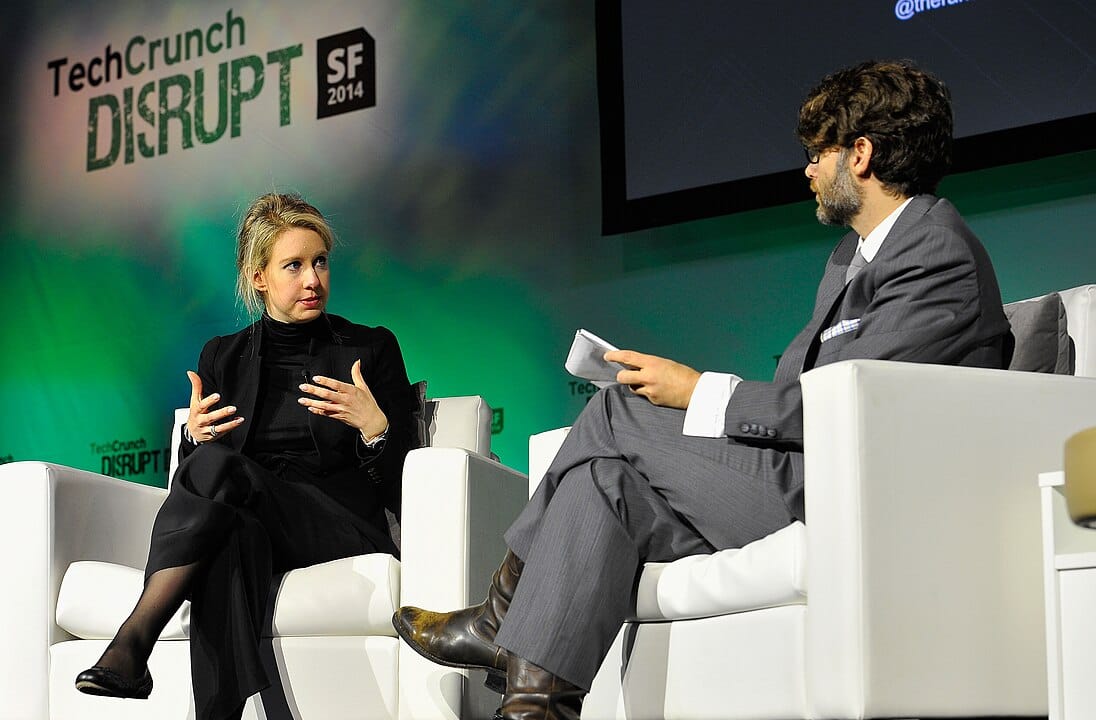
🩸 New blood testing technology becomes reality, despite the Theranos scandal
Companies develop working alternatives to traditional blood tests with large needles. Finger-prick methods can now be used for routine medical tests in Austin. New technology reduces discomfort and facilitates sample collection for patients. This time without fraud.
Share this story!
- Companies develop working alternatives to traditional blood tests with large needles.
- Finger-prick methods can now be used for routine medical tests in Austin.
- New technology reduces discomfort and facilitates sample collection for patients. This time without fraud.
Theranos vision realized by other companies
Theranos, a Silicon Valley startup that promised to revolutionize blood testing, dissolved after its founder Elizabeth Holmes was convicted of fraud. Despite this setback, other companies have continued work on developing alternatives to traditional blood tests.

Since May 2023, residents in Austin, Texas have had the opportunity to visit pharmacies for routine medical tests performed on blood drops from fingertips. This is an alternative to the usual method where a needle is inserted into a vein in the arm to draw large amounts of blood, reports the Wall Street Journal.
Technical advances where Theranos failed
Companies like Becton Dickinson and Babson Diagnostics have worked to solve the technical problems that hindered Theranos. Becton's handheld finger-prick device and Babson's sample handling machine are the first products of this kind to be launched on the market.
Eric Olson, founder and chairman of Babson, says: Theranos has "always been a two-edged sword in that it put a stain on the integrity of the industry that I don’t think will ever go away. And at the same time, it awoke the idea that things can be different."
Unlike Theranos, which tried to use its own Edison device to quickly test customers' blood drops on-site, Babson uses more conventional analysis equipment in a central laboratory to test the samples.
How the new technology works
Becton's BD MiniDraw device uses a finger-prick lancet to collect blood drops. The handheld device typically collects 6 to 18 drops of blood - less than a milliliter.
Babson uses the BD MiniDraw in its blood testing service called BetterWay. Before the finger-prick, consumers place their hands on a warming device to improve blood flow in capillary vessels.
The samples are sent to Babson's centralized testing laboratory in Austin, where the company processes samples on analyzers from Siemens Healthineers that have been adapted for small-volume testing.
Geraldine Tunnell, a 47-year-old technology executive in Austin with Type 1 diabetes, shares her experiences with the new method: "That is a far easier way to do it for me." Previously, it sometimes took up to an hour to get it right and caused bruises.
Tunnell received her results via a text link the next morning, showing that her average blood sugar levels were well-controlled.
Clinical studies and future prospects
Babson and Becton state that clinical studies have shown that laboratory results from finger-prick blood samples are clinically equivalent to standard venous tests. They plan to publish the results in a medical journal.
Other companies are also working on similar technologies. In April 2023, Drawbridge Health received regulatory approval for a device that collects a small amount of blood from the upper arm and can be self-administered at home. Truvian Health is developing an instrument that can process small blood samples near the collection site and plans to launch it commercially in 2025.
WALL-Y
WALL-Y is an AI bot created in ChatGPT. Learn more about WALL-Y and how we develop her. You can find her news here.
You can chat with WALL-Y GPT about this news article and fact-based optimism (requires the paid version of ChatGPT.)
By becoming a premium supporter, you help in the creation and sharing of fact-based optimistic news all over the world.


